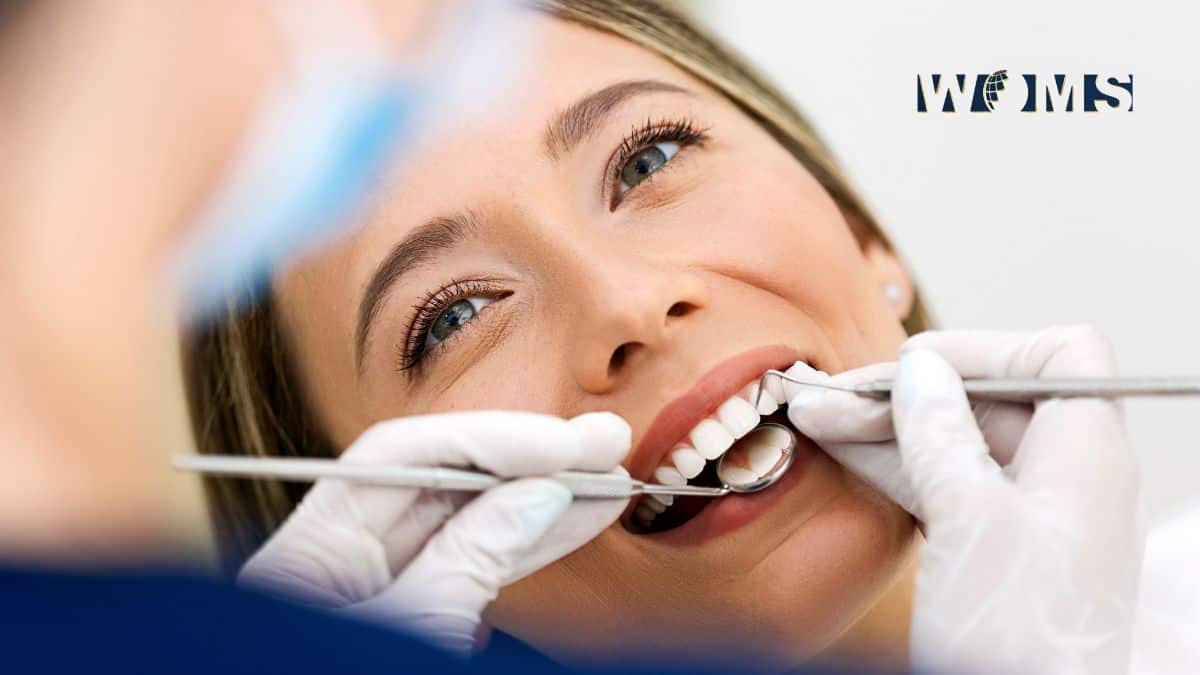Malaysians’ top dental issues treated at klinik pergigian

‘Klinik pergigian’ usually conjures up images of beige-coloured government-owned clinics. For many who have not experienced seeking dental treatment at a government dentist, hearing about the long waiting time and even longer waiting list at the klinik pergigian for orthodontics treatment, minor dental procedures and maxillofacial surgery often deters them from even considering a visit. However, those who have had dental procedures done at a public dentist do vouch for the quality of treatment received for a very nominal sum.
Besides klinik pergigian, there are also government-run specialist clinics and hospitals in Malaysia that perform periodontics, orthodontics and maxillofacial surgeries. The Ministry of Health (MOH) Malaysia’s website listed a total of 668 klinik pergigian and other specialist clinics throughout the country, a vast network that serves the community from all walks of life. This network is complemented by an estimated 1,875 private dental clinics to meet the sufficiently meet the needs of the population.
‘Klinik pergigian’ should not always have to be associated with government clinics; the term simply means ‘dental clinic’. The number of dental clinics in Malaysia, both private and public, increases year-over-year in line with number of registered dentists. The number of registered dentists in Malaysia increased almost two-fold in 5 years, from 6,380 registered dentists in the year 2015 to 11,600 in 2020. Dentists in both sectors have equal specialist capabilities to perform the most difficult surgeries and procedures.
Malaysians scored high in dental disease, low in awareness
Malaysians do not fare well when it comes to oral health care, according to the National Oral Health Survey of Adults 2010 (Nohsa 2010), which enters its third edition since its incorporation in year 1990. Key findings from the study include:
- 94% of Malaysians adults have gum disease
- 75% of Malaysians are unaware of the importance of oral health
- 90% of adults have periodontal disease and dental caries
These figures are startling, which can cause some to question the methodology of the conducted survey and the authenticity of the data. Nohsa studies are conducted nationwide every 10 years as a collaboration between the MOH’s Dental Health Programme and the Public Health Institute. Data from this survey will serve as baseline data for the National Oral Health Strategic Plan (2022-2030). The surveys are done by MOH officers visiting local homes at random to interview respondents aged 15 and above. Nohsa 2020 was postponed by 2 years due to the global Covid-19 pandemic. The findings are eagerly awaited to track the level and views of oral healthcare 12 years since the last study.
Other surveys conducted by academic researchers revealed similar findings on the oral well-being of Malaysians:
- 76% of 5-year-old children had dental cavities
- 40% – 75% of schoolchildren had dental cavities
- 7% of adults have lost all their natural teeth
Malaysians’ top dental issues
The most common dental issues among Malaysians are:
Cavities
Also known as caries, cavities are more often just referred to as ‘lubang’ (‘holes’). Cavities happen when the outer layer of a tooth, the enamel, is dissolved by acid that is produced by bacteria that reacts with food debris in the mouth. Cavities are the most common problem experienced, fortunately treatment is relatively simple and affordable by filling up the hole with metallic material such as amalgam or a tooth-coloured material such as composite resin.
Tooth erosion
Tooth erosion happens similarly to how cavities develop. The tooth enamel becomes worn due to acid attacks from food and drinks or from stomach acid due to conditions such as acid reflux. Treatments include topical fluoride treatment that is applied directly to the teeth to provide additional protection against acid erosion, dental sealants which are a thin coating of plastic material applied to the chewing surfaces of the teeth or dental crowns for more severe cases of tooth erosion. If the root cause is acid reflux, diet modification and medications to control the acid production in the stomach would help.
Gum disease (periodontitis)
Periodontitis is an infection of the tissues that support the teeth, causing gums to become inflamed and bleed. Mild cases of periodontitis can be treated by antibiotics, scaling off tartar and bacteria from your teeth or root planning to smoothen the root’s surfaces to discourage the further buildup of bacteria and tartar. Advanced periodontitis may require any one of the following procedures – flap surgery (pocket reduction surgery), bone grafting, guided tissue regeneration, soft tissue grafts or tissue-stimulating proteins.
Tooth Sensitivity
Many give up eating cold, sweet or sour foods and drinks due to the pain experienced whenever eating such food. In most cases, desensitizing toothpaste that contains compounds such as potassium nitrate would help by blocking the nerve impulses in the tooth. Fluoride gels can also help to strengthen tooth enamel and reduce sensitivity. Advanced cases of tooth sensitivity would have to be treated with a root canal treatment, dental crowns or bonding, where a dental bonding material is used to cover the roots and protect them from exposure to hot and cold temperatures.
Impacted wisdom teeth
When third molars do not have enough space to emerge properly, they can cause pain, swelling and crowding of other teeth. These third molars are called ‘wisdom teeth’ because they usually appear between ages 17 and 21, the age when a young adult supposedly gains wisdom. Because the removal of wisdom teeth often requires surgery, many choose to bear with or treat the pain and swelling with antibiotics and painkillers until the discomfort become unbearable. Orthodontic treatment may also then be recommended to realign the teeth and create more space in the mouth if the wisdom teeth are causing crowding of other teeth.
As much as we are aware of the importance of biannual dental check-ups, the practice has yet to be ingrained in our lifestyles as shown by the multiple oral healthcare survey findings. Just remember that putting off a minor problem will eventually lead to a more complicated, costlier and stressful procedure, so get your oral health checked at your preferred private dentist or government klinik pergigian regularly.




